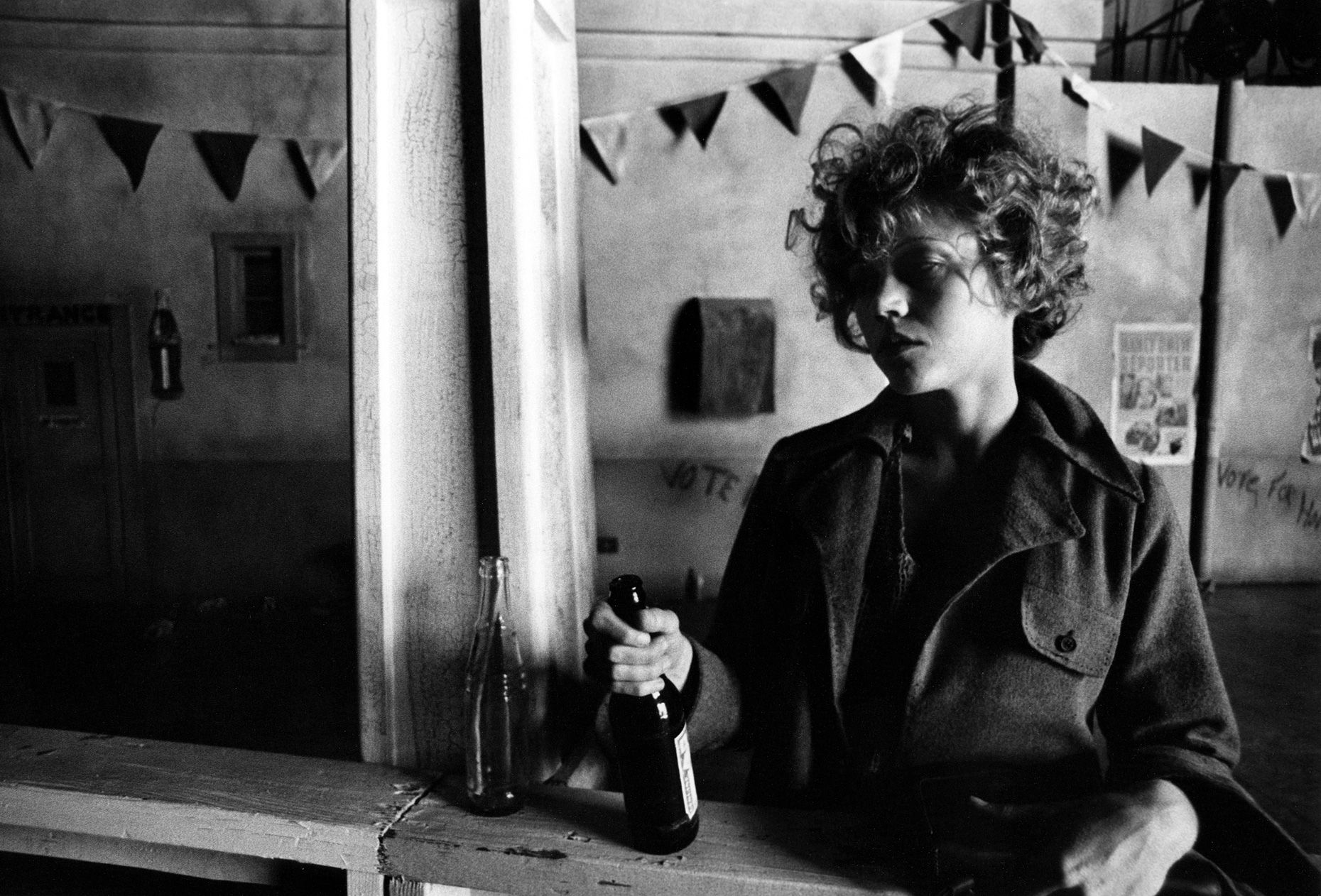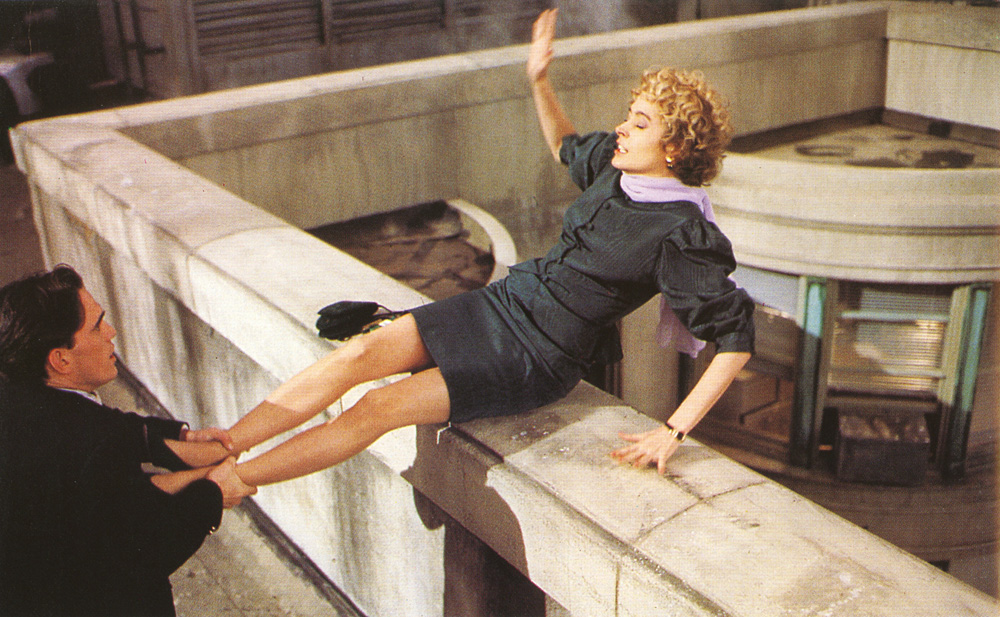Throughout the long history of literature being adapted into films, we have seen some tremendous works, and some utter failures.

One of the most under appreciated but piercingly brilliant novels of the 1930’s is Horace McCoy’s They Shoot Horses Don’t They?. Written in the pulp style that was so popular at the time, the novel describes a marathon dance race, which during The Great Depression in America was a popular way for people to try and make money. Set in Hollywood, the work is a bleak, battling description of failure and existential misery under the hollow bright lights of the film industry and celebrity.
Almost ironically, the novel was adapted into a film in 1969. Directed by popular director Sydney Pollack and starring the glamorous superstar Jane Fonda, the film, with a strong cast and a unique, brilliantly crafted story, should have been a masterpiece. Apparently it was. A critical and commercial hit, the film was one of the highest grossing of the year, winning numerous accolades in areas of both cast and production.
Yet, to watch the film now, especially as a fan of the novel, it seems contrived in comparison. What was a biting inditement of celebrity culture and filmmaking turns into a celebration of the very same. Though the film tries to stay bitter, the necessities of Hollywood filmmaking glamorise misery and satirize suffering. The government does not know how to criticise the government.
Translating ideas of literature into explorations in film has always been a difficult venture. The fact is some philosophical or moral ideas only work when expressed in plain prose, just as some poetic ideas are most effectively communicated through poetry. Modern artistic practices have attempted to diffuse the barriers between genre and discipline. This can be effective, and is an important avenue in art to explore in order to reach new possibilities and to make art more accessible to a wider audience. However, tradition can not be ignored, and what is set in stone is sometimes solid for a reason.
Similar to the failure of They Shoot Horses Don’t They? Is the disaster of a movie that is James Dearden’s A Kiss Before Dying. Starring Matt Damon in an early role, the film, described as an ‘erotic thriller’, is based on Ira Levin’s debut 1953 novel.

Ira Levin, an American novelist best known for his works Rosemary’s Baby and The Stepford Wives, created a classic, unique work of crime fiction with A Kiss Before Dying. A study of criminal ruthlessness that plays with first-person and third-person narrative, the work was hailed by Stephen King as a masterpiece, and the novel won the 1954 Edgar Award for the best first novel.
Where Levin’s other works have been adapted into fairly success films, such as Roman Polanski’s adaptation of Rosemary’s Baby starring Mia Farrow, and Frank Oz’s The Stepford Wives featuring Nicole Kidman and Bette Midler, A Kiss Before Dying destroys the legacy of a truly brilliant work.
Not only does the adaptation venture drastically from the original story, but the brilliance of the format is lost due to the limitations of film. Storytelling perspectives can be easily played with in works of fiction, but are difficult to switch between in a film. This strips the story of its strongest feature, and creates a very dull, surface-level style of storytelling with little to no thrills or twists. Not only was the film a financial and critical failure, but it is now considered one of the classics of terrible movies.
While it’s obvious these and other adaptations of existing literary works have resulted if not in failure, then in falling short, there have of course been many successful book-to-film conversions. Stanley Kubrick’s The Shining can be considered faithful to the novel whilst effectively translating supernatural horror from prose to image. Girl, Interrupted starring Winona Ryder cleverly transubstantiates an autobiographical work into a fluent and watchable narrative film. Davis Grubb’s novel Night of The Hunter was adapted into one of Robert Mitchum’s finest works, retaining the gothic terror of the original with revolutionary, beautiful cinematography. These and other successes, as well as the numerous failures, exemplify the delicate balance between literature and film, a barrier that definitely exists but can be broken down using the right tools.
Subscribe to FIB’s Weekly Alchemy Report for your weekly dose of music, fashion and pop culture news!







